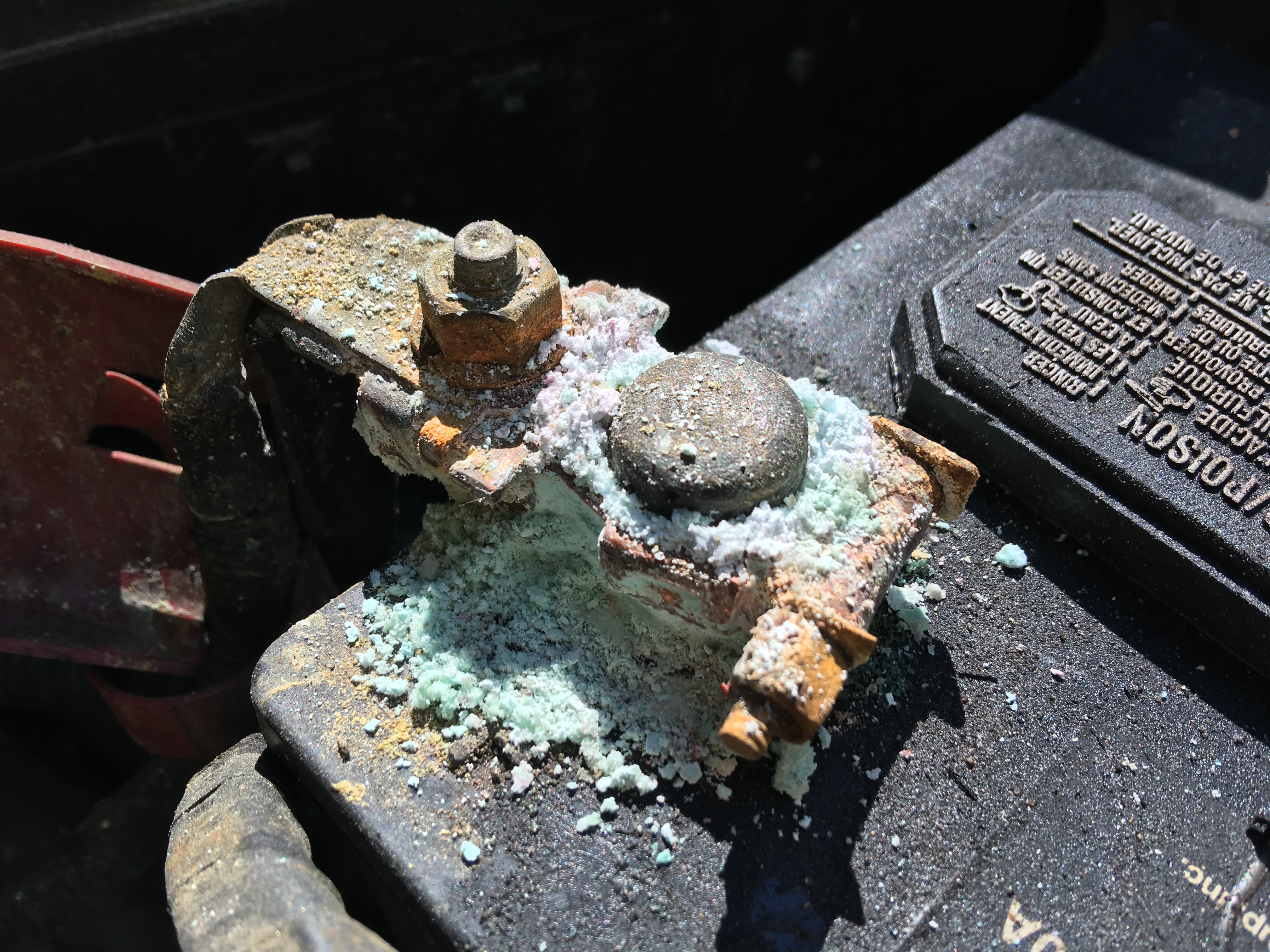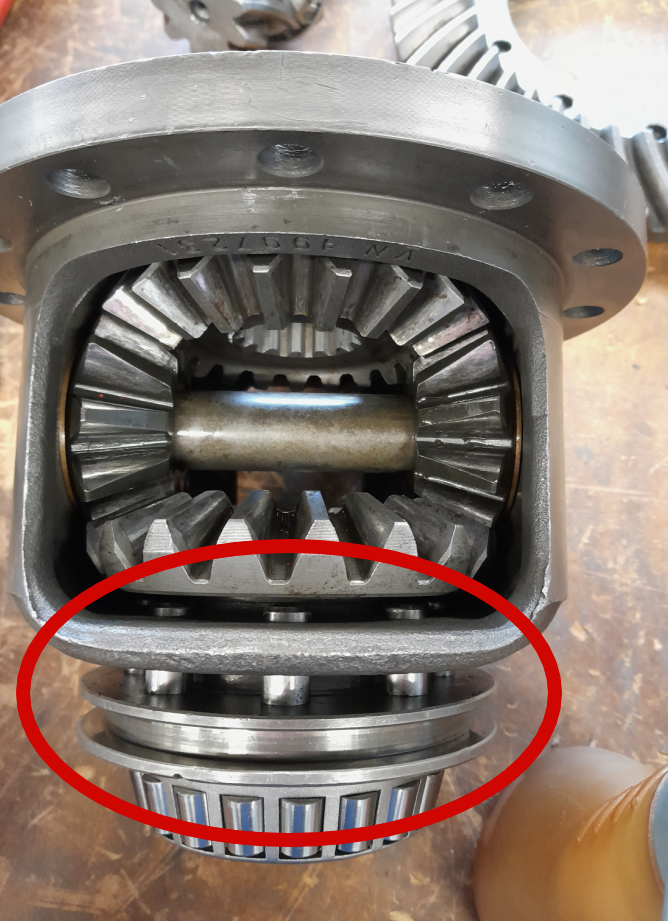
As a car owner, delving into the realm of auto repairs can often feel like you’re trying to crack a complex code! Building a relationship with your mechanic is essential, as they possess the expertise necessary to keep your vehicle safe and roadworthy. However, some vital information might remain untold, which is why we’ve compiled eighteen key insights to help you become a more empowered and informed car owner.

1. **The Pressure of Scare Tactics**: Ever had a mechanic tell you, ‘I wouldn’t drive this another mile’? Such alarming phrases can often make you feel pressured to make immediate repairs. It’s essential to approach these kinds of statements with a healthy dose of skepticism and, when in doubt, don’t hesitate to seek a second opinion to ensure you’re making the right choice.

2. **Certification Displays Matter**: Not all repair shops are created equal. Look for ASE (National Institute for Automotive Service Excellence) or AAA (American Automobile Association) certifications displayed in the shop. A clean, organized workspace is also a good indicator of professionalism.

3. **Ask All the Questions**: Don’t hesitate to ask about the shop’s history, warranties, and equipment. A quick glance at the floor can reveal red flags, such as clutter from empty oil cans and worn tires.

4. **Avoid Blank Authorizations**: Never sign a blank work authorization. Always demand a detailed work order with specific estimates and applicable warranties. This prevents unexpected charges down the line.

5. **The Myth of Fancy Equipment**: A reputable mechanic will utilize advanced diagnostic tools like engine analyzers and scan tools. Avoid shops that downplay the importance of such equipment.

6. **Synthetic Oil Secrets**: While synthetic oils are pricier, they extend the interval between oil changes. Investing in them can save you money in the long run.

7. **The Power of Second Opinions**: When seeking a second opinion, keep the first diagnosis and price under wraps. This ensures a fresh perspective and possibly a better solution.

8. **Fluid Flush Gimmicks**: Always be cautious of recommendations for coolant and power steering flush services. Your car’s owner manual is your best friend here, as many vehicles are designed to run with long-lasting fluids. Plus, fuel injector cleaning is frequently unnecessary, thanks to the effectiveness of modern fuel additives.

9. **Opt for OE Brake Pads**: Make it a point to insist on original equipment or equivalent brake pads. While bargain brake jobs may seem tempting, they can greatly compromise your safety by offering inferior friction materials that could lead to potentially dangerous situations.

10. **Tire Build Dates Are Important**: In the tire sales world, old stock can often be sold at tempting discounted rates. Always take a moment to ask about the tire’s build date, especially when you’re in the market for snow tires, to ensure you’re prioritizing your safety on the road.

11. **The Truth About Lifetime Mufflers**: While the idea of a muffler that lasts a lifetime sounds great, it’s often too good to be true. Mechanics will happily replace a muffler for free if it fails, but they’ll often charge a hefty fee for necessary pipe repairs that accompany it. Understanding this fine print can save you from unexpected costs.

12. **Beware of Bring-Your-Own-Parts**: Although purchasing parts online and having your mechanic install them might seem like a money-saving strategy, auto shops typically rely on the profits from parts sales to stay afloat. Many may refuse to install customer-supplied parts or may impose a surcharge to make up for lost revenue, so be sure to check with your shop before going ahead with this plan.

13. **The Check Engine Light Dilemma**: For many car owners, the check engine light can be a source of dread. While it often points to minor issues, completely ignoring it isn’t a wise move. If the light is flashing, it signals immediate attention is required; otherwise, make sure to have it checked out eventually to prevent potential long-term damage.

14. **Dealer Consultations for Catalytic Converters**: Before you consent to any repairs on catalytic converters or emissions components, it’s wise to consult your dealer first. Many of these parts come with long-term warranties, and in some cases, they may even be legally mandated for free replacements, saving you potentially significant costs.

15. **Identify Those Oily Stains**: Discovering oily stains on your driveway can be concerning, often signaling leaks in your engine, power steering, or brakes. Each type of fluid has its own distinct color and texture, which can assist you in identifying the source of the leak. Addressing these leaks promptly can help prevent larger, more expensive issues down the line.
16. **The Reality of Racing Stripes and Spoilers**: While customizations like racing stripes and spoilers might seem appealing, most mechanics know these additions often complicate rather than enhance a vehicle. Keep it simple and focus on maintenance over aesthetics.

17. **Don’t Fall for the Infotainment Hype**: While some mechanics may dabble in infotainment systems, these are best handled by dealership experts. Mechanics are more equipped for under-the-hood concerns, so don’t expect them to be software wizards.

18. **The Myth of Improvised Repairs**: Mechanics pride themselves on using the right tools for the job. Home remedies like duct tape fixes are unreliable and often temporary. Trust in the professional’s equipment and expertise to get your vehicle running smoothly.

As we conclude this deep dive into the world of car maintenance and the often hidden aspects of working with mechanics, remember that knowledge truly is your most powerful tool. Being aware of these insider truths empowers you to make informed decisions, ultimately fostering a more trusting and transparent relationship with your mechanic. The road may have its ups and downs, but with these insights under your belt, you’re far better equipped to navigate the complexities of auto maintenance and repair.
Related posts:
Understanding Diagnostics: How Auto Repair Shops Diagnose The Root Of Your Car Problems
13 Things Your Car Mechanic Won’t Tell You
20 Bad Auto Habits Your Mechanic Wants You to Stop Doing






